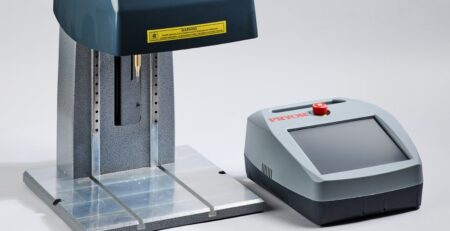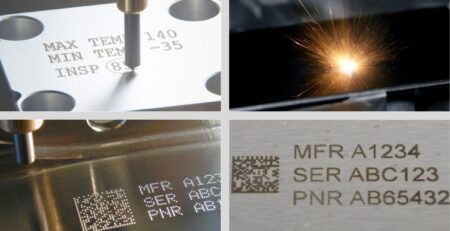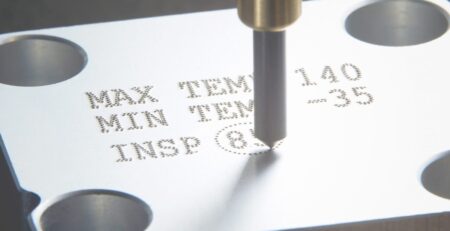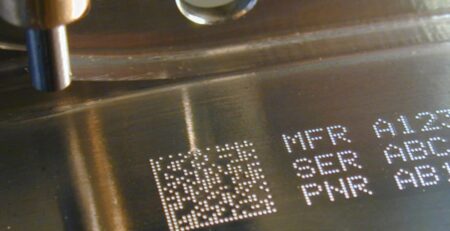Traceability in Manufacturing
Traceability in manufacturing is an essential process that allows manufacturers to track products from raw materials to final destination. It plays a critical role in quality control, supply chain management, and regulatory compliance, providing numerous benefits that go beyond just tracking products. In this blog post, we’ll explore the advantages of implementing traceability in a manufacturing process and why it’s essential for success in today’s competitive marketplace.
Improved quality control is one of the primary benefits of traceability in manufacturing. By tracking products and their components through every stage of production, manufacturers can identify and address any quality issues quickly, reducing the risk of defects and product recalls. This improves customer satisfaction, brand reputation, and helps manufacturers stay ahead of the competition.
In addition to quality control, traceability also increases efficiency. With real-time data on the location and status of products and materials, manufacturers can identify bottlenecks in the production process and optimize operations. This not only reduces waste but also helps manufacturers meet production deadlines and deliver products on time.
Traceability also enables better inventory management, providing manufacturers with real-time information about the location and status of their products and materials. This information helps optimize inventory management and reduce waste, which saves money and improves efficiency.
Regulatory compliance is another critical benefit of traceability in manufacturing. It enables manufacturers to comply with regulatory requirements related to product labelling and traceability, providing a complete history of each product and its components.
Traceability is also crucial for supply chain management. By working closely with suppliers and customers to track products and ensure timely delivery, manufacturers can build strong relationships and increase the efficiency of the supply chain. This, in turn, leads to improved customer satisfaction and loyalty.
In conclusion, traceability in manufacturing is a critical aspect of a successful manufacturing process. By implementing traceability, manufacturers can improve quality control, increase efficiency, optimize inventory management, enhance regulatory compliance, improve supply chain management, and provide better customer service. It’s an essential tool for success in today’s competitive marketplace, and manufacturers who implement it will be well-positioned for growth and success. If you are interested in manufacturing traceability or would like to find out how Pryor can help you improve your traceability systems, please get in touch.
You may also be interested in the articles below:








